Rob Summerfield, Wisconsin State Representative for 68th District | www.facebook.com
Rob Summerfield, Wisconsin State Representative for 68th District | www.facebook.com
According to the Wisconsin State Legislature's official website, the bill was described as follows: "tampering with telecommunication or electric wires and providing a penalty".
The following is our breakdown, based on the actual bill text, and may include interpretation to clarify its provisions.
In essence, the bill amends statutes to expand prohibitions against tampering with telecommunication or electric wires to include video and broadband service lines and increases associated penalties. Specifically, actions such as removing, changing, or damaging infrastructure for telegraphs, telecommunications, electric, video, and broadband services without prior notice or permission will now be criminal offenses with harsher penalties. Previously identified misdemeanors, including intentional interference or unauthorized connection to these lines, are elevated to Class I felonies. A Class I felony can carry a punishment of up to a $10,000 fine or three years and six months of imprisonment, or both. These changes aim to enhance the protection of critical communication and energy infrastructure.
The bill was co-authored by Senator Jesse L. James (Republican-23rd District), Representative Calvin T. Callahan (Republican-35th District), Representative Barbara Dittrich (Republican-99th District), Representative Steve Doyle (Democrat-94th District), and Representative Chanz J. Green (Republican-74th District). It was co-sponsored by Senator Howard L. Marklein (Republican-17th District), Senator Steve L. Nass (Republican-11th District), and Senator Brad Pfaff (Democrat-32nd District), along with eight other co-sponsors.
Rob Summerfield has co-authored or authored another 12 bills since the beginning of the 2025 session, with none of them being enacted.
Summerfield graduated from the University of Wisconsin at Stout in 2002 with a BS.
Summerfield, a Republican, was elected to the Wisconsin State Assembly in 2025 to represent the state's 68th Assembly district, replacing previous state representative Karen Hurd.
In Wisconsin, the legislative process starts when a senator, constituent, group, or agency proposes an idea for a bill. After drafting, the bill is introduced, numbered, and referred to a committee for review and public input. If approved, it moves through three readings and votes in both the Senate and Assembly. Once both chambers pass the same version, the bill goes to the governor, who can sign it, veto it, or let it become law without a signature. Only a small share of bills introduced each session ultimately become law. You can learn more about the Wisconsin legislative process here.
| Bill Number | Date Introduced | Short Description |
|---|---|---|
| AB242 | 05/02/2025 | Tampering with telecommunication or electric wires and providing a penalty |
| AB208 | 04/23/2025 | An income and franchise tax exemption for broadband expansion grants and for federal high-cost program funding for broadband expansion. (FE) |
| AB44 | 02/17/2025 | Allowing advanced practice nurse prescribers to pronounce the date, time, and place of a patient’s death for purposes of the preparation of death records |
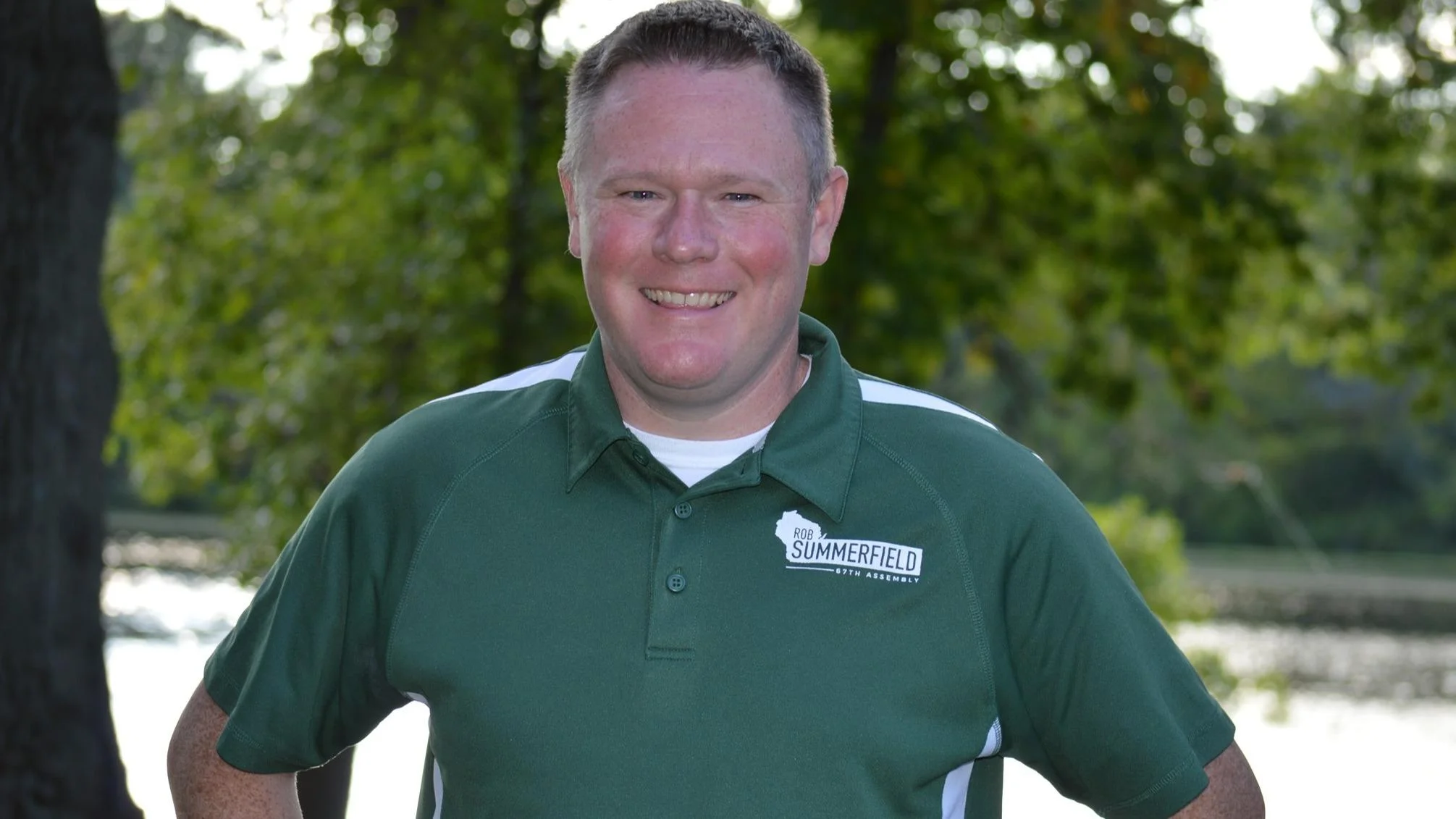
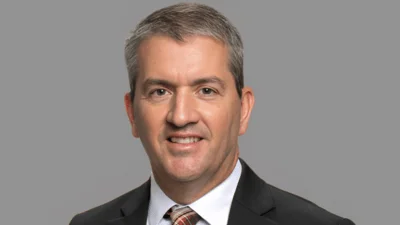
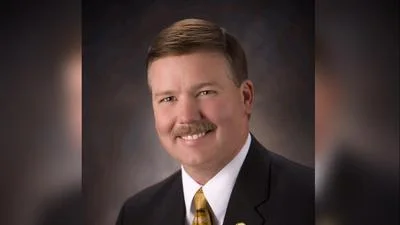
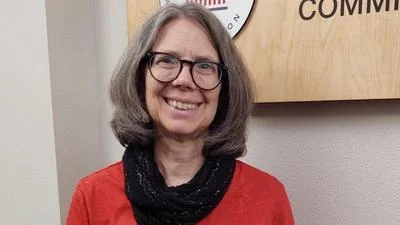
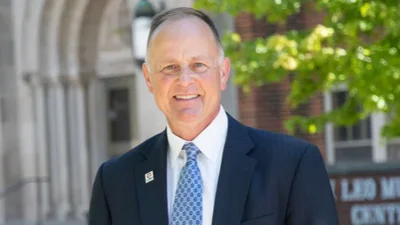
 Alerts Sign-up
Alerts Sign-up